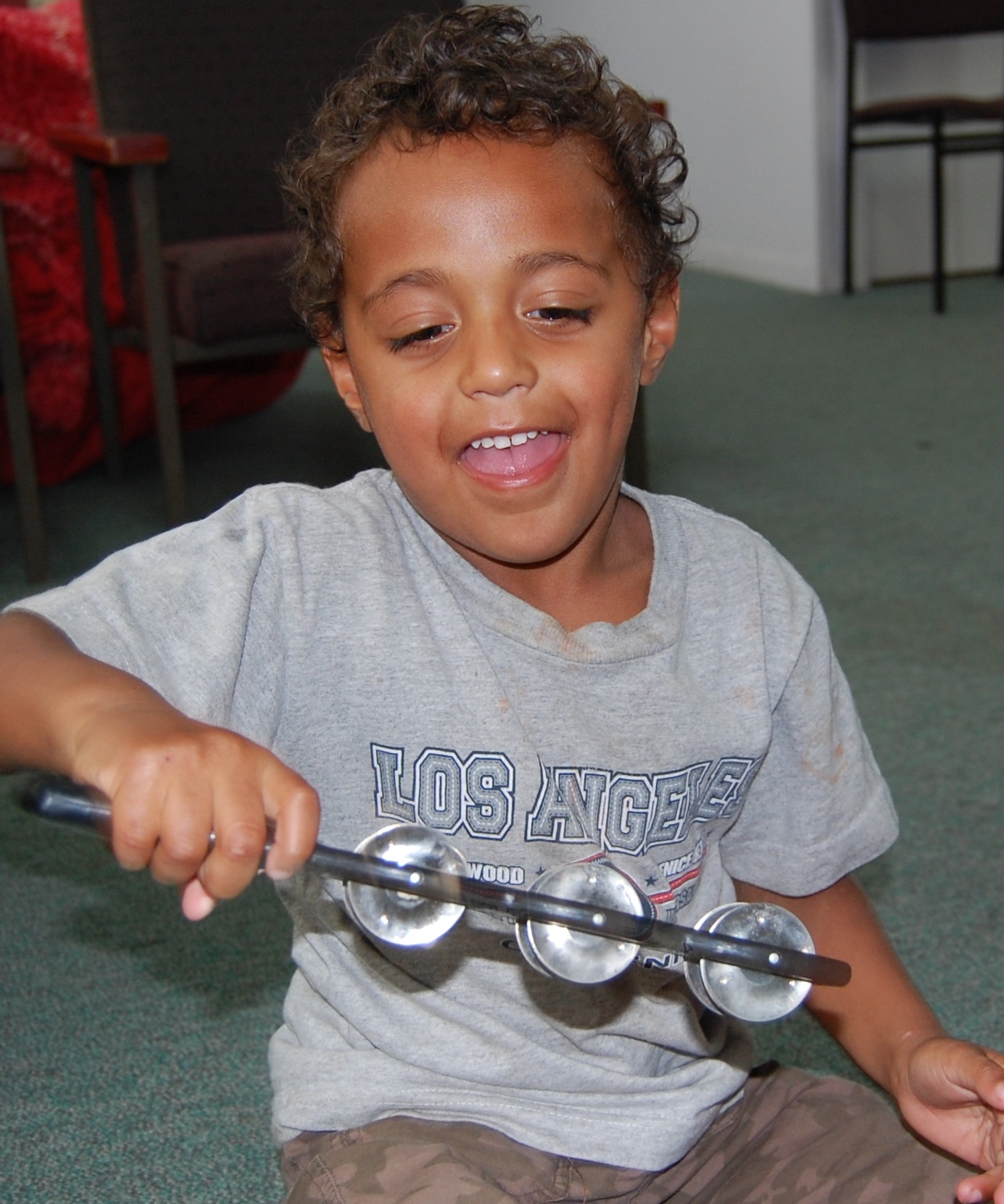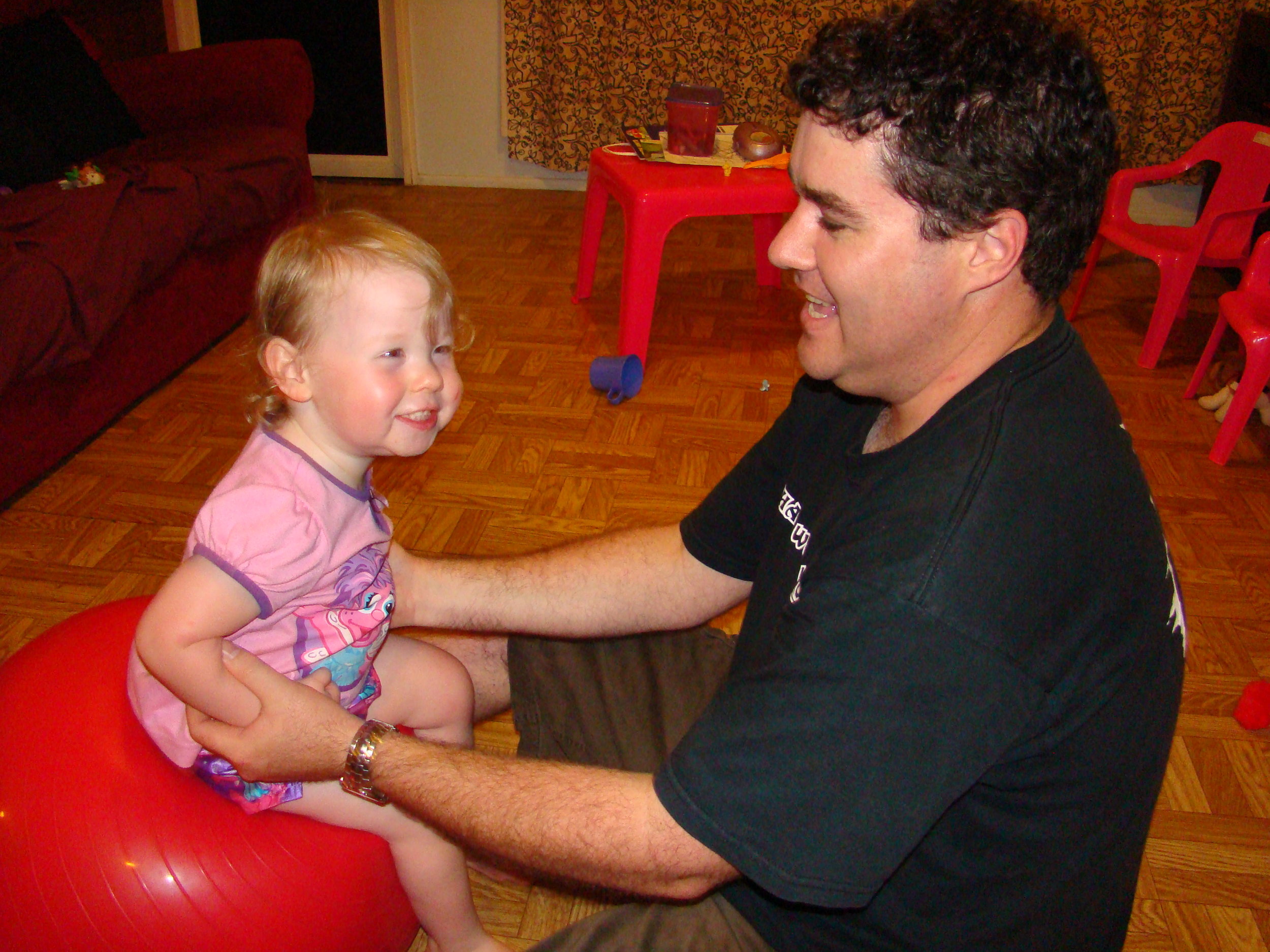To Sing and to Play is To Grow
A Discussion with Music Therapist, Jess Higgins
“Music is a really big part of my life,” said Jess Higgins.
Tracing back, it seems that Higgins was drawn to music and pursued it, in equal measure. It quickly and naturally became part of her every day.
She grew up in a musical household. Her Mum sung and played the guitar, her Dad was a “reasonably accomplished pianist.” As a five-year-old, she tried her hand at violin.
“From then on, I was always playing music.”
Jess Higgins has a calmness about her and well carved insights, having traversed the land of performance and teaching, each allowing her to observe and consider the different powers and subtleties that music can bring. In Higgins career, she has explored different realms of music, spanning ages and abilities.
She trained as a classical violinist and went onto play in semi-professional orchestras and ensembles throughout Victoria and Tasmania. She has taught violin for over a decade. After finishing her Bachelor of Music Performance, an interest in psychology and social work saw her returning to complete a master’s degree in music therapy at the University of Melbourne.
“I decided that I wanted to use my musical skills more directly to help other people.”
Higgins has been a Registered Music Therapist since 2015 and now works as the Victorian Manager for Sing&Grow, a music therapy program that works with families and children.
“Sing&Grow is about strengthening family relationships, building capacity in parents to support their children's development in the early years of life, and encouraging the use of music within communities.”
“We primarily work with vulnerable families and our goals are around really trying to increase parents’ confidence to play musically with their child.”
Sing&Grow sessions are tailored to each group and their needs. Singing is a big part of it. Higgins said they like to incorporate both familiar and new songs. They play lots of different instruments, such as their big drum. They dance to live music and show how to use music in ways, to bond, to sooth and to calm.
It is clear to see the effect music has in these sessions and the responses can often be surprising and beautiful. Beneath the surface, music lights us up in varied psychological and physiological ways, most often, in positive ways.
“When we listen to music, but even more so when we actively play music, our whole brains are activated. We’re using our language centres, we’re using our fine and gross motor skills, we’re using our emotions, we’re using our rational problem-solving abilities, and we’re developing our social connections and empathy when we do it with others.”
“This is why music therapists use music to address all sorts of health, wellbeing and development goals with young children.”
“Music can be used to help almost every area of child development, whether that’s typically functioning or needing some extra input. And above all, music is really fun so it’s a very engaging way to practice new skills over and over.”
You may not think there is a lot of meaning in a little jingle or sing-song in the car but it creates meaning in our lives in many ways. It can improve our mood and let us express pent-up emotions such as stress, sorrow, fatigue. It is well documented that singing has a positive impact on our wellbeing and frame of mind. The opportunities it opens for learning are vast.
“Think about how many times you might sing the nursery rhyme Five Little Ducks to your child. It’s not just because they like the sound of your voice (which they absolutely do!) but because it’s embedding those early literacy and numeracy concepts. It’s also teaching them about how to use their fingers when they do the actions (fine motor skills) and perhaps even empathy (copying your facial expressions and responding to the different emotions in the storyline of the song).”
Early childhood settings can often be a hive of activity, especially at playgroup. Music has the great ability to calm and refocus. A parent or teacher can start to sing or play a guitar softly, guiding the children to come together as a group. This can create a routine and familiarity that supports the running of the group. It also helps the parents to feel relaxed and enjoy themselves.
"Music has the potential to be hugely beneficial to our wellbeing throughout the lifespan. Music can soothe us, it can help us feel connected to other people, it can give us energy (think about the music you put on if you’re going for a run, versus the music you put on in the evening while you’re relaxing).”
Through her work, Higgins has been able to assist many people, a thing that she finds incredibly rewarding.
“Music therapy, as an allied health profession, is also about using music in a more targeted way to improve health goals. For example, it might be helping patients after a stroke learn to speak and sing again. Or using musical instruments with a child with a disability to develop fine motor control in order to be able to feed themselves with a spoon for the first time. Or perhaps using music-based strategies with an elderly person with dementia to help them remember the names of their family or how to get dressed each morning. There are endless ways that music can be used to promote positive well-being!”
Music has contributed to Higgins well-being. Part of this comes from music’s ability to help people feel connected through the medium.
“Lots of my friends I’ve met while either making or studying music together. I’ll often be listening to the radio and a song or piece of music will come on which will remind me of a particular person and something we’ve done together so I’ll text them to tell them that I’m thinking about them. I also met my husband through music and we’re looking forward to singing together to our first baby who’s due soon.”
After working with families for many years now, Higgins has seen how enjoyment drives the best outcomes.
“The best thing that parents can do is to be playful and creative with their child. When adults adopt a playful, curious nature, this can lead to exploring all sorts of wonderful musical activities and ways of being with their child that supports their development.”
For Higgins, it is a glorious place that she finds herself in. Through her work, she connects and finds meaning with people, and through music. She has lots of good memories, and the fulfilling times continue to unfurl.
“My favourite moments within Sing&Grow sessions are when families have ‘lightbulb’ moments. It might be a seemingly small thing like a child engaging in a new song for the first time or maybe singing their first word. But even more exciting for me is when I see parents find new ways to play and relate to their child using music – watching both the parent and child’s eyes light up when playing shakers together; or when a parent realises for the first time that their child is looking at them to help them understand how to participate in an activity and they respond by getting down on the ground and helping them; or maybe even witnessing parents singing out loud to their child for the first time.”
“It’s also really beautiful when parents connect with other parents within sessions, helping to break down some of those isolation barriers many parents face.”
In many ways, it is music that speaks to us, when all other languages, words and utterances fail. Such is the power of music- to sing and to grow.
Higgins’ Top tips:
1. Singing nursery rhymes together
2. Making up funny verses to your favourite songs
3. Playing drums on pots and pans while you cook together
4. Using songs and instruments to practice skills like counting, stop/go, changing direction etc.
5. Using songs to create routines, i.e. having a ‘packaway song’ or always singing the same lullaby before bed to help the child understand that it’s time for sleep.
There are so many ways that music can help us bond with our children and support their development.
The most important thing is that we make the effort to get down on the ground and do it with them! No matter what we might think of our voices or our abilities, kids always love their parents’ voices the most.
Article by Sinead Halliday




